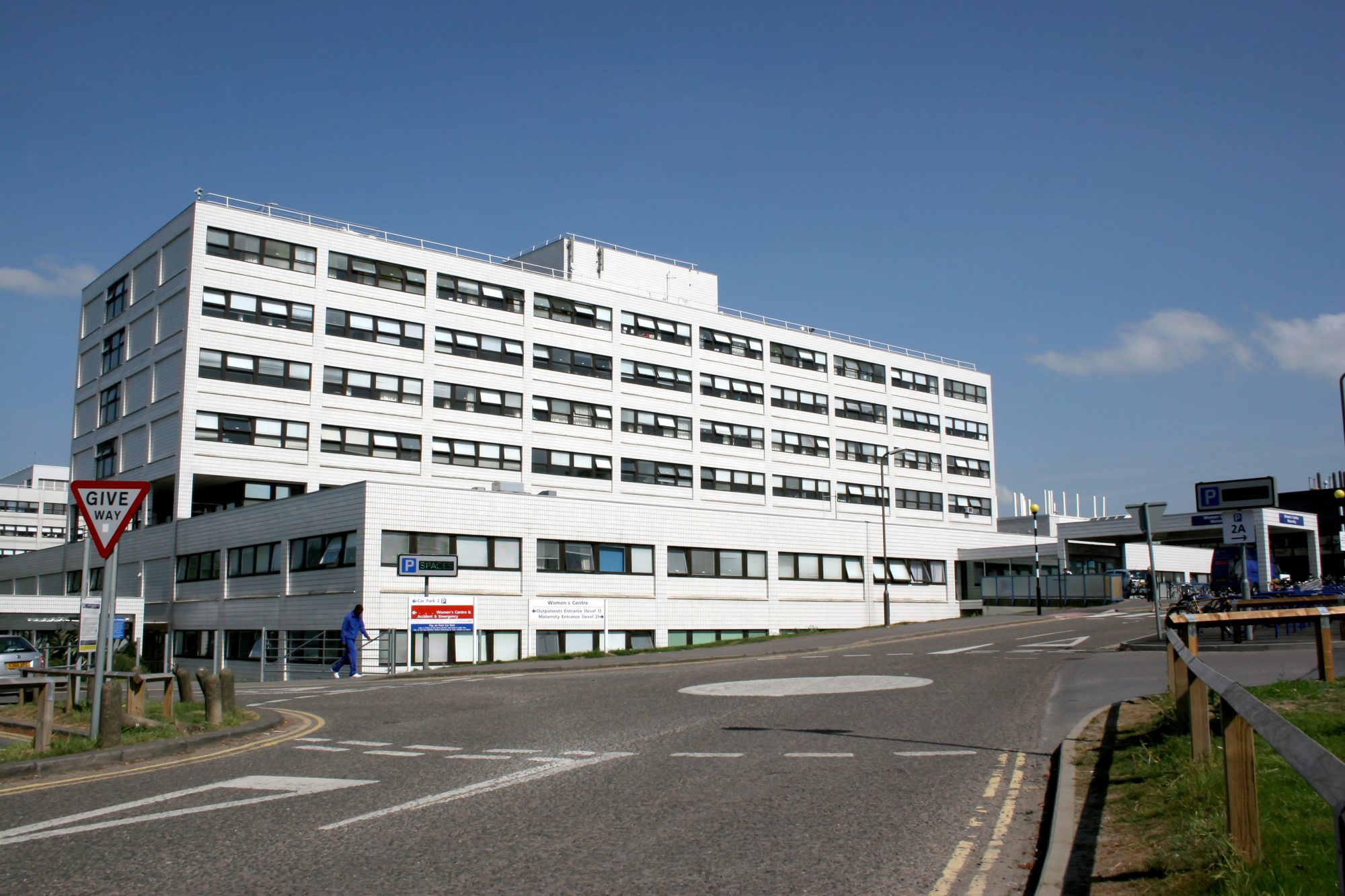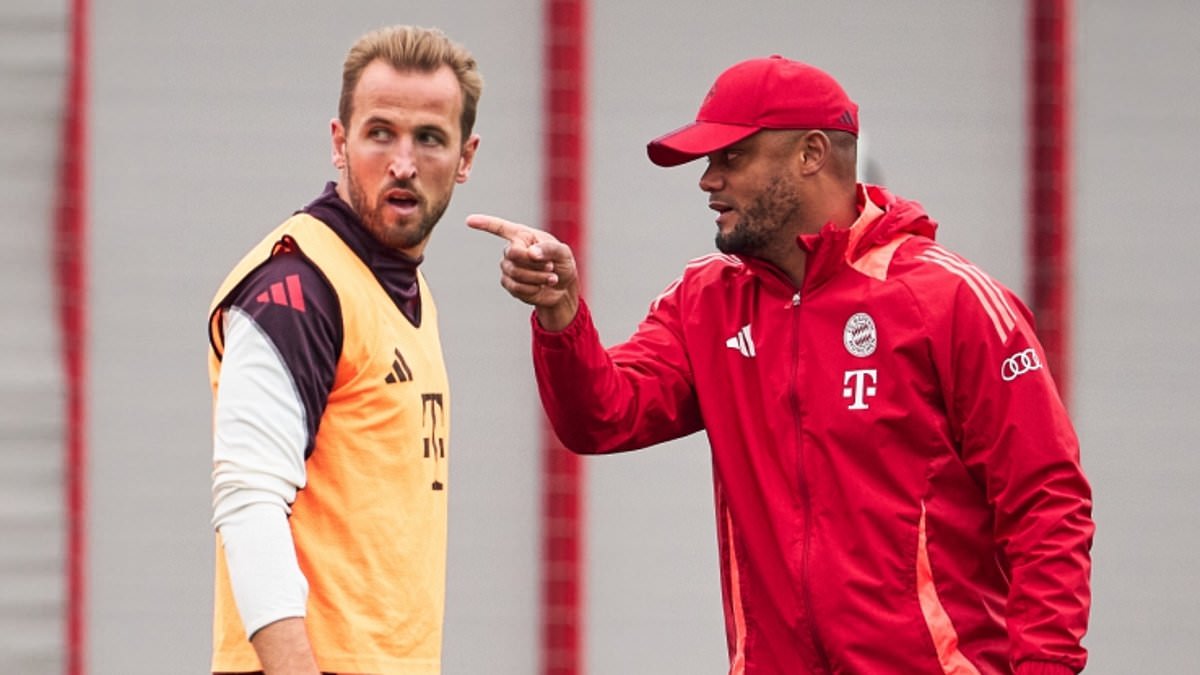Copyright channel4

A joint Channel 4 News and New Statesman investigation has revealed shocking allegations against Oxford University NHS Hospitals Foundation Trust, including that a baby declared stillborn was later found to be alive. The two news organisations have been investigating John Radcliffe Hospital – one of the UK’s most prestigious research hospitals – and its maternity and neonatal unit for several months. The investigation has heard from more than 20 families who say they have lost babies, had children born with severe disabilities, or suffered serious harm themselves, as a result of poor care at the Trust, with many women still searching for answers. Amongst the numerous harrowing cases disclosed to the news organisations includes the testimony from Emma Cox, who gave birth to twins aged 17. “At 24 weeks I went into spontaneous labour. They were born. I was told that one of them was stillborn and the other one was taken and resuscitated and taken to the neonatal unit. A short time later Lilly was brought back to me and they said the mortuary was unable to take her because she was actually alive”, said Ms Cox. “Lilly was brought back to me and they said the mortuary was unable to take her because she was actually alive” Trust under review Oxford University Hospitals Trust is one of 12 trusts currently under review as part of the rapid maternity review ordered by the Health Secretary and led by Baroness Valerie Amos. (14 trusts were originally under review, but Shrewsbury and Leeds were later taken out, for conflicts of interest and a seperate inquiry respectively.) The Maternity unit was also visited by the CQC for an unannounced inspection on October 7th 2025. It comes as the Health Secretary Wes Streeting told the joint investigation that the revelations were “scandalous” and pointed to a “moral failure” in the system, ordering NHS England to investigate the allegations of failings contained in the reporting. At the centre of today’s investigation is the alleged actions of Professor Lawrence Impey, who is a Consultant in Obstetrics and Fetal Medicine at the John Radcliffe Hospital where he has worked since 2001. OxGrip scanning pathway The news organisations have seen evidence that Oxford University Hospitals NHS Trust is using a scanning pathway known as OxGrip led by Mr Impey, which does not adhere to national guidelines, and also “polices” ultrasound scans outside of the pathway, including for high risk pregnancies. OxGrip was introduced with the stated aim of reducing stillbirths however, the most recent data from MBRRACE shows that Oxford now has the highest stillbirth rate in England among hospitals of its category. Wes Streeting has now asked NHS England to investigate the “rationale” behind OxGrip “immediately”, including how it is monitored and evaluated, as well as its impact on resources. The Trust claims that the OxGRIP programme was originally a quality improvement initiative. They say it has reduced still birth rates and that more recent unpublished data reflects that. However, the data they quote comes from a paper which shows no statistically significant drop in mortality rates (full Right of Reply below). Covert recording scandal The investigation has also revealed a covert recording scandal involving a support group for harmed patients, secretly recorded during its first in-person meeting. The group was founded by a maternity patient of the Trust, Rebecca Matthews, who was compelled to lead a campaign to improve services after being initially denied a caesarean section despite developing pre-eclampsia. As Ms Matthews prepared for her second birth, consultants had written on her notes “Now that you have met her do you want her? I don’t!!!” The Trust has acknowledged the incident involving Matthews and stated that it has been formally investigated, with an apology issued. A regulatory process is ongoing. The recording of the patient session was made by Joy Randolph, a maternity researcher affiliated with the Trust and a former patient of Professor Lawrence Impey. Eight days later, Randolph reported a mother to police over a comment made during the meeting. This mother, whose severely disabled child sat next to her in their wheelchair at the time, allegedly said, “I’m tempted to barricade the doors to the JR and set fire to the whole building with everyone in it, to be honest. That’s how I feel on a daily basis.” Members of the group maintain it was a “throwaway comment” from a distressed mother, and the police took no further action. “Actually the private support event was covertly recorded. It was recorded without our consent. So our experiences of sharing all of that trauma and the harm that we thought we were sharing in a safe space, we were absolutely speechless”, Ms Matthew says. The Health Secretary branded the act of recording the group a “sickening betrayal of trust” that, having sat in similar meetings himself, he could never countenance. Ms Randolph has maintained to Channel 4 News and the New Statesman that she was concerned about what she perceived as a genuine threat and says she recorded the meeting to “safeguard” herself (fuller Right of Reply below). Ms Matthews was also sent a legal letter from Professor Impey’s lawyers accusing her of defamation and harassment. She has, she says, tried to engage positively with the Trust. “And to receive that letter was deeply upsetting to be accused of things that I hadn’t done. I felt very, very scared”, she added. Professor Impey maintains that Ms Matthews actions amount to defamation and harassment and that sending the letter was a “last resort.” The OxGrip scanning protocol is not the only area in which OUH has broken with national guidelines. Elective Caesareans Until 2021, the trust had an explicit policy of denying all maternal request Caesarean sections (MRCS) – a Caesarean where there isn’t a strict medical need – contrary to Nice guidelines published in 2011. The investigation has spoken with several women denied these elective Caesareans during this time. Some had to give birth in hospitals many miles away from home because OUH refused their Caesarean request. One was so traumatised by the experience that eight years on she still finds it difficult to celebrate her son’s birthday. She describes their bond as “weak”. One, Gothami Hettiarachchi, was denied the procedure, despite doctors from her native Sri Lanka advising her against a vaginal birth for medical reasons. When her request was refused, she describes entering a “zombie state”, convinced she was going to die. The trust said it recognised that some women were not able to access maternal request caesareans in the past and apologised sincerely to anyone affected. It added that it had “consistently supported” the procedure since 2021. Emma Cox’s story Among the most harrowing accounts is that of Emma Cox, who was 17 when she gave birth to twins in 2011 after losing a third baby early in pregnancy. 17-year-old Emma went into labour at 24 weeks with twins. One baby, Hope, was resuscitated and taken to the neonatal unit; the other, Lilly, was declared stillborn, but couldn’t be accepted by the mortuary because she was later found to be alive. “At 24 weeks I went into spontaneous labour. They were born. I was told that one of them was stillborn and the other one was taken and resuscitated and taken to the neonatal unit. A short time later. Lilly was brought back to me and they said the mortuary was unable to take her because she was actually alive”, Emma says. After being denied access to the neonatal unit, Emma begged for Lilly to be treated but she says doctors refused, claiming it was too late to intervene due to oxygen levels. She and her family tried to keep Lilly alive on a hospital radiator for 12 hours. “So me, my partner at the time, my mum and dad, kept her alive on a radiator on level seven at the hospital.” Both babies died. Emma’s medical notes, obtained 14 years later, reveal a doctor wrote: “I have encouraged the parents and grandparents to keep the little girl with them, and warned them she may live for many hours.” ‘Joanna’s’ story Four years ago, doctors had identified that ‘Joanna’s’ (not her real name) cervix was weak due to previous cell removal, and prescribed daily steroid pessaries from 22 to 35 weeks. That pregnancy resulted in a healthy baby. But during her most recent pregnancy, Joanna says that despite raising concerns about her cervix over and over, no intervention was given. As a result, she went into early labour and her baby died an hour after birth. “I do some days still, still try to blame myself. I think I tried to find answers. Was it something I did? But no, I know that it wasn’t my fault and I know that the hospital are accountable for it, because they picked up on it three years ago, so why didn’t they pick up on it this time?” “I know that it wasn’t my fault and I know that the hospital are accountable for it, because they picked up on it three years ago, so why didn’t they pick up on it this time?” Alice Topping’s story Alice Topping and her partner, Pedro Jacob, lost their daughter Smokey in September 2023. Alice was classified as high risk due to her age, weight and blood pressure, yet says that in the final weeks of her pregnancy she stopped receiving scans – contrary to national guidance. Despite a drop in baby growth and repeated calls, she was denied a scan a midwife had requested for her. Alice was due to be induced at 41+2 weeks, though her notes later incorrectly stated she had refused one. This was too late, given her risk factors, and the trust failed to spot her preeclampsia, or convey the risk of leaving induction this late. We have spoken to four consultants who say Alice should have been induced two weeks earlier, and that her requests for extra scans should have been accepted. Gothami Hettiarachchi’s story As a child Gothami Hettiarachchi contracted rheumatic fever, which damaged the mitral valve in her heart. Doctors told her that, as a result, her heart wouldn’t be able to cope with a vaginal birth. When she became pregnant in 2017, therefore, she told midwives at the John Radcliffe that she wanted and needed a C-section. The hospital sent her for an echocardiogram, but concluded her heart issue was not causing issues with blood flow. Gothami says hospital staff made multiple attempts to persuade her to opt for a natural birth instead. Whenever a vaginal delivery was suggested, she broke down in tears. She was unaware that until 2021, the trust had an explicit policy of denying all maternal request Caesarean sections (MRCS) – a Caesarean where there isn’t a strict medical need – contrary to Nice guidelines published in 2011. At 38 weeks, she and her husband, Peter, agreed to a final meeting before delivery. They were told the hospital would not perform a Caesarean. Another hospital, more than an hour away, could have performed the MRCS had Gothami transferred there earlier. “I wanted to make a will,” Gothami says. “I thought I’d die.” “I wanted to make a will. I thought I’d die.” – Gothami Hettiarachchi After four days in labour, Gothami had an emergency Caesarean after all. The stress of being told she’d have to have a vaginal birth against her will meant there was “no bonding at all” between her and her child. Statements from those referenced in this investigation Neither Mr Impey nor the Trust would comment on individual cases. On the letter he sent to Ms Matthews, Mr Lawrence Impey told Channel 4 News and the New Statesman: “I am sympathetic to the stated aims of the campaign and any attempt to characterise the sending of the letter as an attempt to prevent fairly warranted criticism or concern would be misleading and inaccurate. I actively encourage my patients to share feedback – whether positive or negative – through the established channels available including through the Trust’s formal complaints process where necessary. “Ms Matthews’ harassment and defamation had the foreseeable impact of causing me an immense and continuing amount of alarm and distress. I remain deeply concerned by the spread of medical misinformation as a result of some of the campaign group’s published materials and the impact that this will have on prospective and existing patients’ ability to make informed decisions about their own healthcare.” “It was against this context which I felt I had no choice but to protect my legal rights by writing to Ms Matthews and requesting that she take steps to correct the false and damaging information she had published. I did as a last resort this to protect my reputation, my livelihood and my patients.” On her attendance at and recording of the meeting, Joy Randolph told the joint investigation: “I joined [the failed families group] because of my own experience of poor care at the John Radcliffe Hospital in November 2023. “I never intended for the recording, or even the event itself, to be discussed or shared publicly. My only motive was self-protection in an environment that didn’t feel entirely safe. “I am deeply sorry for the impact this has had on families. Their privacy matters deeply…No one outside of that room has ever heard the birth stories or personal experiences shared that day. “I felt the danger came not from an imminent threat from just one person’s words, but the group’s acceptance, normalisation and open support of this harm.” “To me, this did not feel like a throwaway or figurative remark. It felt like an expression of genuine intent to cause harm – not just to the hospital, but to the wider public. “I was genuinely concerned that things could escalate and someone could get hurt. I therefore made a police report and made a safeguarding concern.” Simon Crowther, Interim Chief Executive Officer at Oxford University Hospitals NHS Foundation Trust, said: “At Oxford University Hospitals NHS Foundation Trust, we recognise the profound responsibility entrusted to us in caring for women, babies and families during some of the most significant and vulnerable moments of their lives. “We extend our heartfelt apologies to any family who have not received the standard of care they deserve and our condolences to those who tragically have experienced loss. “We work hard to listen with care and compassion to the concerns that have been raised, and we remain fully committed to learning from them. The Trust is participating openly and transparently in the National Maternity and Neonatal Investigation led by Baroness Amos, and we welcome this opportunity to reflect, improve, and ensure that every voice is heard. “Over recent years, we have taken meaningful steps to strengthen and improve our maternity services. This has included significant investment in our workforce, with the recruitment of 54 additional midwives. “We have improved clinical training and strengthened leadership across the service. We have also invested in our estates and facilities to improve the environment in which care is delivered. We have also made improvements to our bereavement services to ensure that families experiencing loss receive compassionate, specialist support. “However, we recognise that there is much more to do and we remain resolute in our determination to go further. “We have responded to members of the campaign group and have offered to meet with them. We are keen to do so and to ensure they are actively engaged in shaping the future direction of our maternity services. Their insights and experiences are invaluable, and we are committed to working collaboratively to build a service that is safe, compassionate, and responsive to the needs of all families. “To every family who has shared their experience, we apologise that the care you received was not of the high standard we strive to provide and we offer our sincere thanks to you for speaking up and sharing your experiences. “Your courage in speaking out is helping us to build a maternity service that reflects our principles of openness, compassion and continuous improvement.” On OxGrip, Oxford University Hospitals NHS Foundation Trust, said: The OxGRIP programme was originally a quality improvement initiative, which aimed to increase the detection of risk factors during pregnancy – including the risk of stillbirth – by introducing additional scanning activities. Supporting research (published in 2023), which considered data for two years before and after implementation (January 2014 to September 2019), indicated that the approach taken as part of the OxGRIP programme resulted in the following improvements: · A 27% reduction in perinatal death at term (which includes stillbirth and deaths within the first seven days of life) · A 33% reduction in severe perinatal morbidity within seven days of birth · A 79% increase in diagnosed breech presentations before labour – this is a key factor in birthing complications and stillbirth, plus allows women to make an informed choice about birthing arrangements in advance The Trust failed to add that none of these findings were statistically significant. Watch more here



